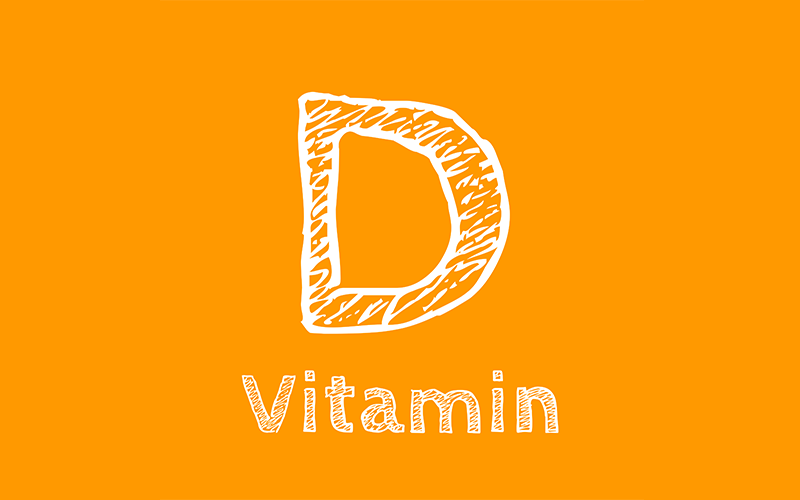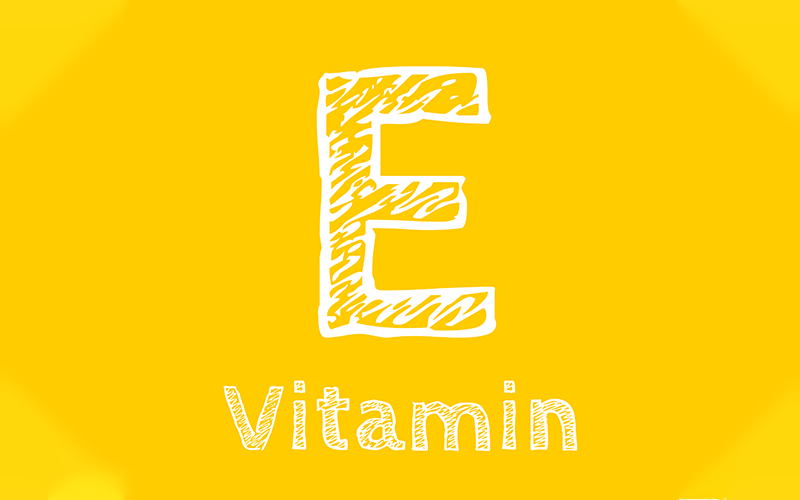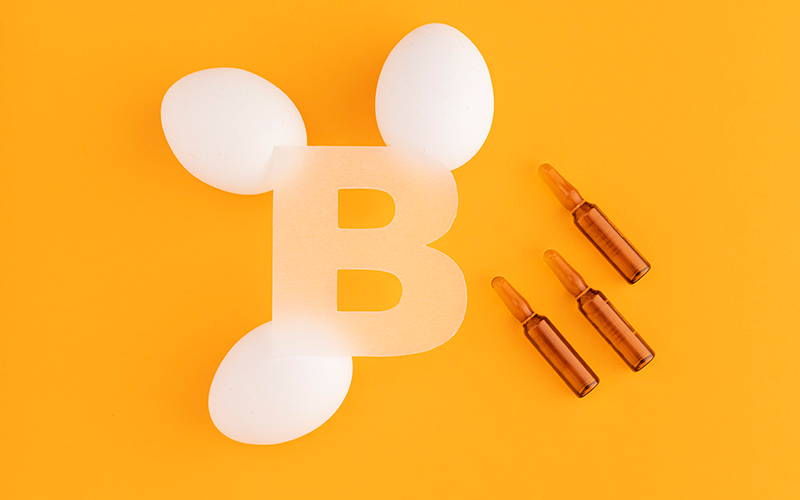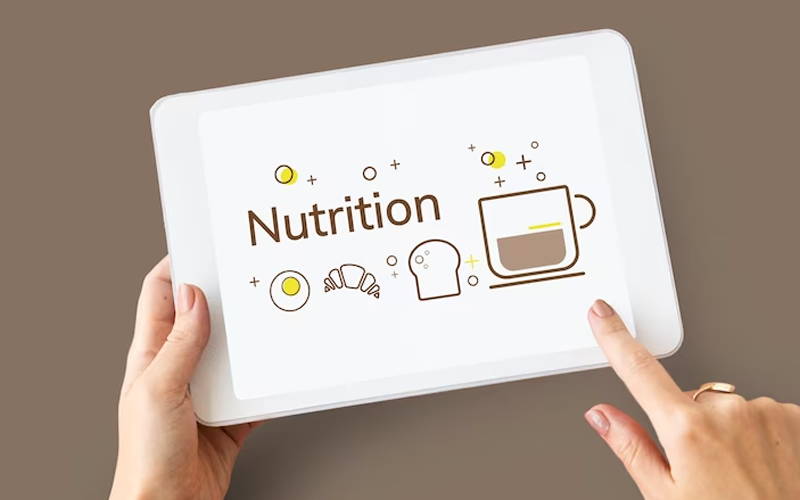Vitamins for memory and brain health are essential factors for both physical and mental well-being, and a balanced diet is critical for maintaining optimal cognitive functioning. In this article, we will explore the vitamins and supplements maintained to be beneficial for memory and brain health in 2023. We will be providing an overview on vitamins D and E, B-Complex vitamins, Omega 3 fats, and herbal nootropics that have been mentioned as good choices for memory and brain health.
Our discussion will include sources of these vitamins, recommended dosages, and their correlation with important factors such as Mediterranean diets and water hyssop, Panax ginseng, Citicoline, Gotu Kola, Resveratrol, Green Tea, Bacopa monnieri, Ashwagandha, PQQ, CoQ10, and Lion's Mane Mushroom.
Short Summary
- Vitamins and supplements for focus and concentration such as Vitamin D, Vitamin E, B-complex vitamins, herbal nootropics, Omega 3 fats, CoQ10, PQQ, Lion's Mane Mushroom, Bacopa monnieri, citicoline, and resveratrol are essential for memory and brain health.
- Diets high in vitamins, minerals, and other nutrients, as well as those conforming to the Mediterranean diet, have been associated with improved memory and cognitive performance.
- Omega 3 fats, B-complex vitamins, vitamin D, and herbal nootropics can help benefit memory, protect brain cells, and improve cognitive function.
Vitamins for Memory and Brain Health

Vitamin D

Sources of Vitamin D
Recommended Dosage
Vitamin E

Sources of Vitamin E
Recommended Dosage
B-Complex Vitamins

Sources of B-Complex Vitamins
Recommended Dosage
Herbal Nootropics

Sources of Herbal Nootropics
Omega 3 Fats

Sources of Omega 3 Fats
Recommended Dosage
Food for Thought: Nutrition and Memory Connection

Summary
Frequently Asked Questions
What vitamin helps with brain memory and focus?
What vitamins are good for memory fog?
What is the number 1 supplement for memory?
What can improve memory loss?
What vitamin is best for brain memory?










